Culture, Social life and Sociocultural systems - Part 2: Culture
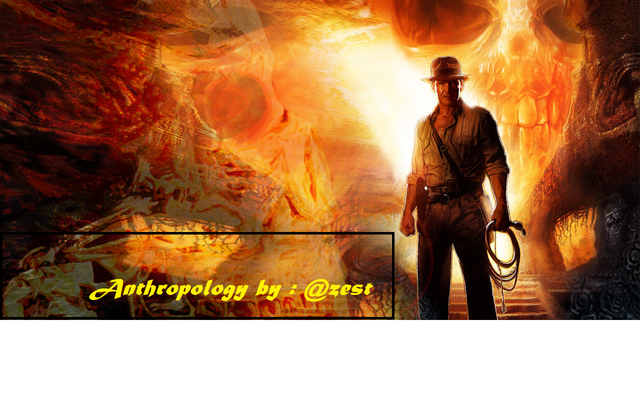
Culture, Social life and Sociocultural systems - Part 2: Culture
Culture
Culture is probably one of the most frequently used words in anthropology. The term is also commonly used in other disciplines and, by the public and media at large. But culture is also a term that has had a diversity of meanings ascribed to it - not even anthropologists, who have been using the term more frequently and for longer than other disciplines, agree on its meaning. There are virtually as many definitions of culture as there are anthropologists who write about the concept.
The first formal attempt to define culture was that of British anthropologist, Sir Edward Tylor, in 1871:
Culture... is that complex whole which includes knowledge, belief, arts, morals, law custom, and any other capabilities and habits acquired by man as a member of society.
There have been many subsequent attempts at defining the concept of culture - to the extent that, by the early 1950's, already
the two American Anthropologists AL Kroeber and Clyde Kluckhohn had identified 162 different definitions.
An important phrase in Tylor's definition is "acquired...as a member of society", because this emphasizes the fact that culture is not obtained biologically, but by growing up in the context of a particular group, community, or society and therefore learning cultural "ways" or style of life. Recent definitions more specifically differentiate between the actual behaviour of people and the ideas, values and perceptions that lead to or results in that behaviour.
We have already used the term culture several times in this series and shall continue to do so. However, we have already indicated the fact that in previous posts that sociocultural system is probably a more accurate term for peoples' culture - but we shall use culture for the sake of brevity. Sociocultural systems are generated (and transmitted from one generation to the next) by individuals interacting with each other and with their sociocultural and physical environments. Sets of relationships established by other and with their sociocultural and physical environments. Sets of relationships established by interacting individuals in a particular sociocultural and natural context may become repetitive over time and thus constitute a pattern. Should this generally become the behaviour pattern for a significant number of people, it may in essence constitute what we may call their culture. People who share similar ideas and values and behaviour patterns and thus a sociocultural system may be recognised as belonging to the same self-identified group.
While art and the arts (music, dancing etc) are indeed part of people's sociocultural system or culture, there is much, much more to consider. All people are cultured, "have culture", and certainly not just those with a western European or classical education. In fact, culture permeates all human activity.
Because the word culture means so many different things, some academics, including some anthropologists suggest that it is no longer a valid word and should no longer be used in the discipline.
Eriksen (2004) claims that there are four basic objections as far as the concept of culture is concerned:
The use of the plural, cultures, of the word culture. Culture unites people; all human beings are cultured and all have a language, religion, political and economic system and social organisation - this is what makes us uniquely human. But the plural, cultures, divide human beings in that it emphasises differences between groups of people.
Culture encourages delineation and the identification of differences between groups - yet there are often significant differences within a group. Also, globalisation has resulted in a transactional ("transcultural") elements, and younger people particularly, throughout the world, now acquire the same cultural "references".
The political use of the concept of culture. The anthropological concept of cultural relativism has been used (and abused) to promote the claims of a particular group, to discriminate against others and to justify exclusion by means of aggressive nationalism. This kind of use of the word culture reduces the complexities of societies to a few simple categories and encourages a kind of "we" versus "them" attitude.
The whole concept of culture is rather general and vague, and is used to refer to a conglomerate of various things. Although anthropologists have refined the definition of culture over the years, the concept is still used "out there" to explain issues, problems and practices: young men killing a bull; the effects of immigration into Europe; different ways of rasing children; conflict in schools; attitudes to foreign workers; different styles and preferences for music or clothing. These examples suggest there is a need to be more specific and to consider more closely the specific circumstances, context and historical developments of such aspects of people's behaviour.
Despite these objections, and they should be heeded, a more precise use of the word "culture" remains a useful anthropological tool. The reality is that, in many ways, humans are smaller and often behave in similar ways. But there are also frequently relevant, systematic and sometimes striking differences between persons and groups, and some of these differences - possibly some of the more important ones - are caused by the fact that the people who belong to these various groups have grown up in different sociocultural environments.
People themselves do not necessarily regard culture as a hindrance - they often, in fact, employ culture for particular purposes. People around the world increasingly "play" their culture, identity, ethnicity and heritage according to certain objectives, in different contexts and for particular "audiences". People of course, make, and remake their culture. Historical variables and contemporary exigencies play important roles in why and how people shape, present and perceive (their) "culture". A more dynamic, dialectial and agentic way of understanding culture accepts that it is contested and connected to relations innovative individuals, decision-makers and politicians, has been employed in a variety of domains. Culture is redefined for different agendas.
We have noted some of the pitfalls of essentialising or "over-popularising" culture, but it would be counterproductive, even naive, to discard, or disregard, a concept that helps explain that people with different backgrounds, who have been raised in distinctly (not better or worse) life-worlds and see the world in certain ways.
So why do we care? If culture is such a contentious and difficult issue, why do anthropologists care about its meaning?
It is because anthropology is defined as the study of other cultures. This idea that is what they study is often what sets them apart from other social sciences. And while anthropologists no longer narrowly define anthropology as the study of other cultures, the definition of culture is still important in the field of anthropology.
End of Part 2
Thank you for reading.
Images are linked to their sources in their description and references are stated below.
Authors and Text Titles
Sir Edward Tylor 1958: Primitive Culture
Eriksen 2004: What is Anthropology
Aceves, JB & King 1979: Introduction to Anthropology
WA Haviland 2008: Anthropology: The Human Challenge 12th Edition
C Delaney 2004: Investigating Culture
Beattie, J 1964: Other cultures


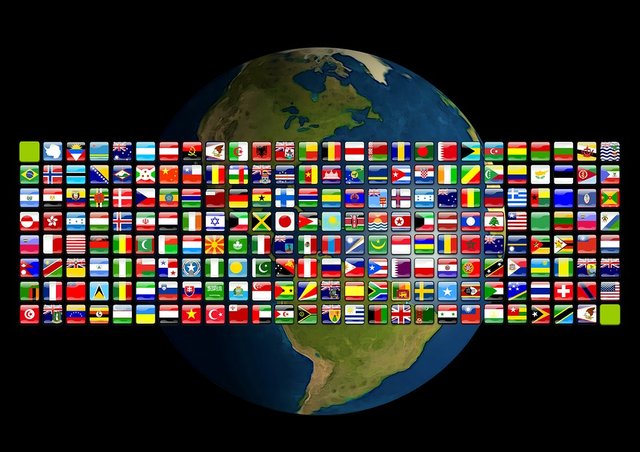

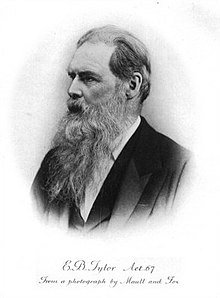
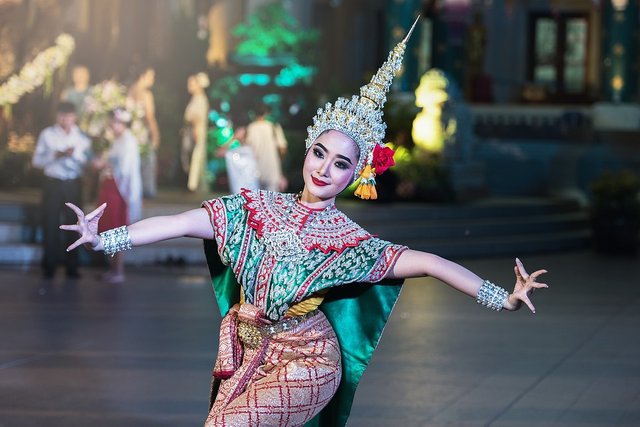
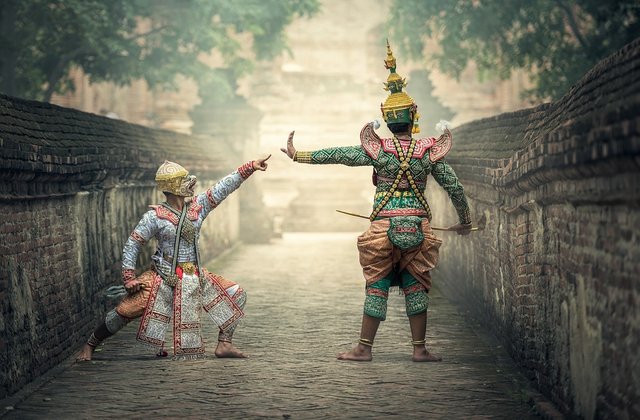
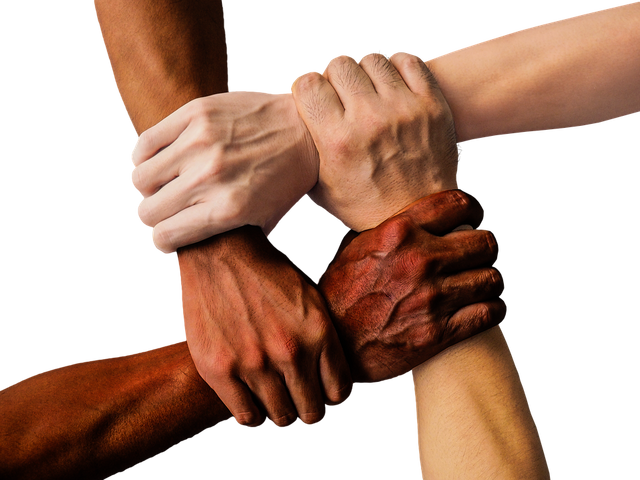
You received a 10.0% upvote since you are not yet a member of geopolis.
To read more about us and what we do, click here.
https://steemit.com/geopolis/@geopolis/geopolis-the-community-for-global-sciences-update-2-higher-base-votes-new-logo
If you do not want us to upvote and comment on your posts concerning earth and earth sciences, please reply stop to this comment and we will no longer bother you with our love ❤️
The struggles of defining 'culture' seems just as complex, confusing and indecisive as the struggles of defining 'intelligence'. No one can agree on any of these things and what they are supposed to mean and represent. It depends on their background and beliefs as to how a person thinks it should be interpreted, but too many others have too many alternative explanations, i think there needs to be a lot of sub-divisions and new descriptive words to define such complex things which are currently all just grouped over one vague word. Like culture or intelligence are just umbrella names. Words that are used for such complex detailed things need to be branched out further into sub- catagories and meanings. I wonder how much this will effect our language and structures in the future.. you always get me thinking! Love these posts :D
I love your comments!!!!
Thank you @grottsbag:)
The best way to destroy the nation is to abolish their culture. Very well written post 👌
Thank you for the comment @doctorcro!!!
Hi @zest good posts for cultural issues
Thank you @jejes!
beautifully written. thanx for sharing . really enjoyed reading it
Thank you!!!!
interesting read about culture and the importance of it
Thank you:)